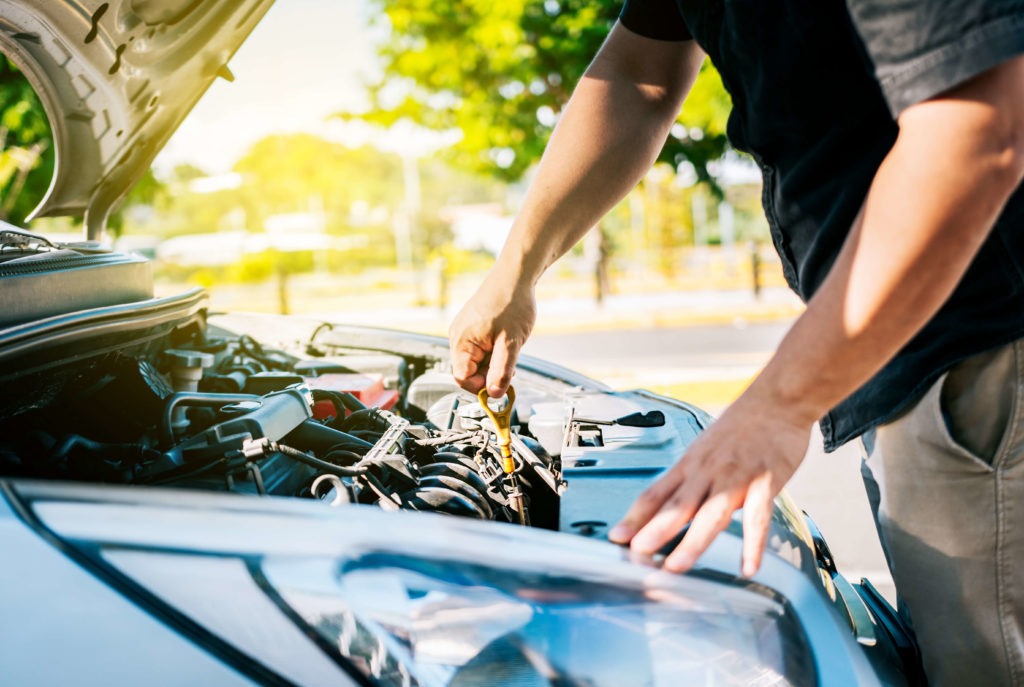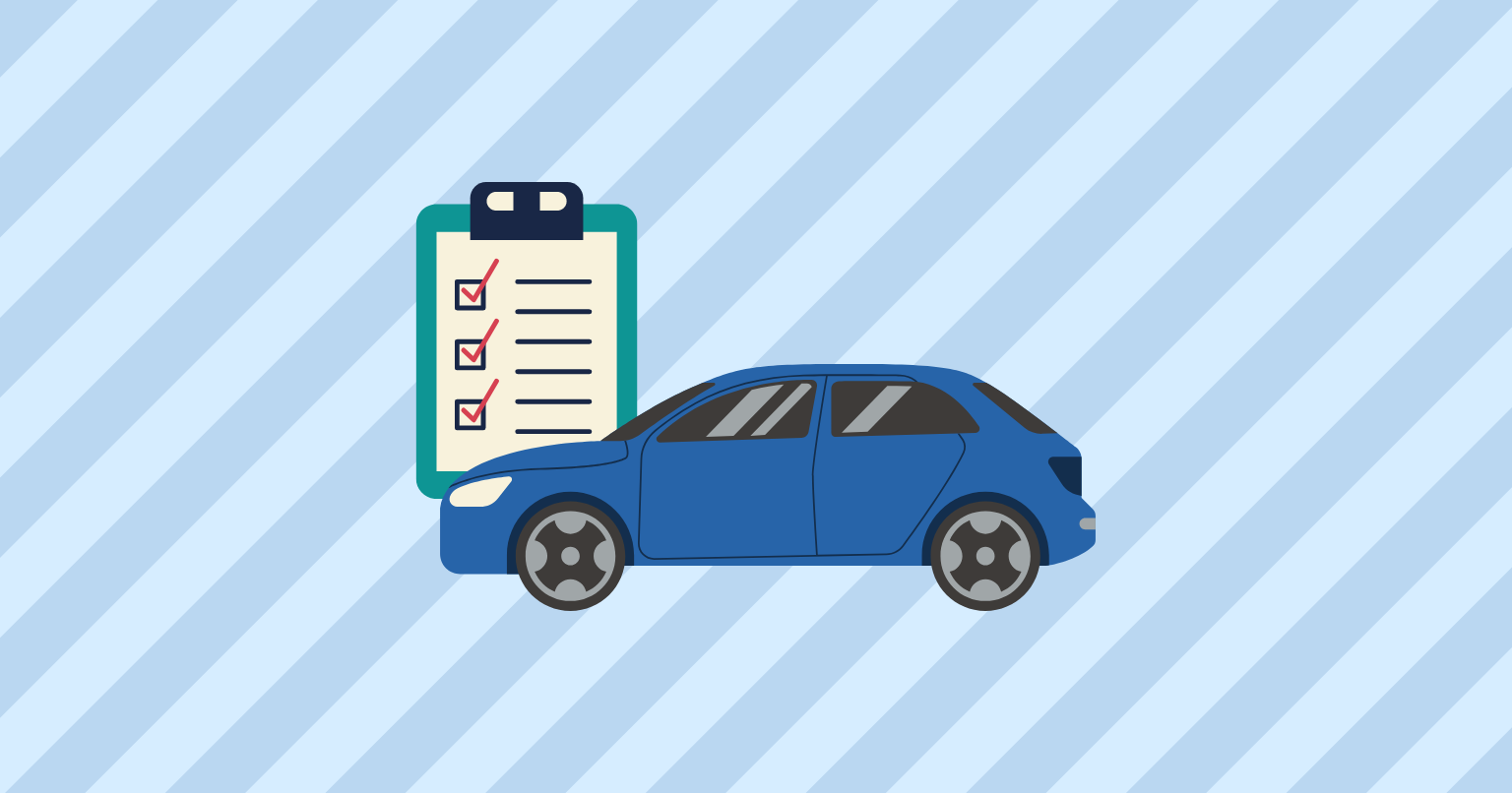Last Updated on August 14, 2023
Learning to drive is an exciting prospect, offering newfound freedom and independence on the road. As a learner driver, being properly prepared for your driving lessons is essential, not only for your safety, but also for building confidence behind the wheel.
Here we will offer you valuable insights on everything you need for your driving lessons. From performing a maintenance check on a car, to ensuring you have the necessary documents and the right insurance coverage!
Performing a Maintenance Check of Your Car
If you are learning to drive in your own car, or someone else’s, it is crucial to ensure that the car is safe and roadworthy before embarking on your driving lessons.
We recommend conducting a quick maintenance check, including:
- Tyre Inspection: Check the tyre pressure and tread depth to ensure they are within the recommended limits. Properly inflated and well-maintained tyres enhance the grip and handling of your car.
- Fluid Levels: Check the levels of the car’s engine oil, brake fluid, coolant, and screen wash.
- Lights and Signals: Test all headlights, rear lights, indicators, and brake lights to ensure they are functioning correctly.
- Brakes: Ensure that the brakes are responsive and not making any unusual noises.
- Mirrors and Seat Adjustment: Position the mirrors correctly for clear visibility. Adjust the driver’s seat to a comfortable driving position.
- Emergency Kit: Check that your car has an emergency kit, which should include: a basic first aid kit, reflective vest, a warning triangle, torch, and batteries.

Practising Driving With a Sat Nav
Sat navs have become an integral part of modern driving and driving tests in the UK. In 80% of tests, the driving examiner will ask the candidate to follow directions from a sat nav. So it is very important to practice driving with a sat nav.
We recommend practising with a sat nav to familiarise yourself with its operation and improve your navigation skills. Whether you use a traditional sat nav or a navigation app on your phone (attached to a phone holder and in a suitable position). Learning to operate the sat nav or app effectively can enhance your navigation skills. Sat navs can also teach you how to interpret directions and make informed decisions. These skills are not only vital for passing your driving test but also for a safe and stress-free driving experience.
What Documents Do I Need for My Driving Lessons?
Before starting your driving lessons, ensure you have the following documents readily available:
- Provisional Driving Licence: A valid provisional driving licence is a legal requirement for all learner drivers.
- Driving Instructor’s Contact Information: Keep the contact details of your driving instructor on hand for easy communication.
- Insurance Documents: If you’re using your own car for driving lessons, ensure you have adequate learner driver insurance. Also, carry proof of your car insurance coverage, including insurance policy details and emergency contact information.
Do I Need Learner Driver Insurance
Learner driver insurance helps you get extra driving practice, whether that be in your own car or a family member’s car. Learner insurance is completely legal and flexible, meaning you can have annual or short-term cover, all while having the independence to practice whenever you like (with your supervisor!). Learn more about our learner driver insurance here!
What Clothing and Shoes Should I Wear for Driving Lessons?
Selecting appropriate clothing and footwear is not just about comfort, it also plays a crucial role in ensuring safety during driving lessons. Wear loose-fitting and non-restrictive clothing that allows for easy movement and comfortable shoes with a good grip that do not impede your ability to use the pedals effectively. Avoid wearing high heels, flip-flops, or any footwear that might compromise your control of the pedals.
Remember to Always Remain Positive
We understand that you might be nervous about heading onto the roads, so here are a few valuable tips to help you embrace confidence and make the most of your learning journey.
- Trust Your Driving Instructor: If you are learning with an instructor, they will guide you throughout and ensure your safety. Driving instructors have extensive experience in teaching learners and will help you build your skills at a pace that suits you.
- Practice, Patience, and Persistence: Learning to drive is a skill that takes time to master. Be patient with yourself and avoid putting undue pressure on your progress.
- Practice Beyond Your Lessons: Consider supplementing your driving lessons with extra practice sessions. Either with a family member or friend as a supervising driver (remember your supervisor must be at least 21 years old, who is qualified to drive the vehicle type you are driving and held a full UK or EU licence for a minimum of 3 years). This additional practice can boost your confidence and provide more exposure to different road situations!









